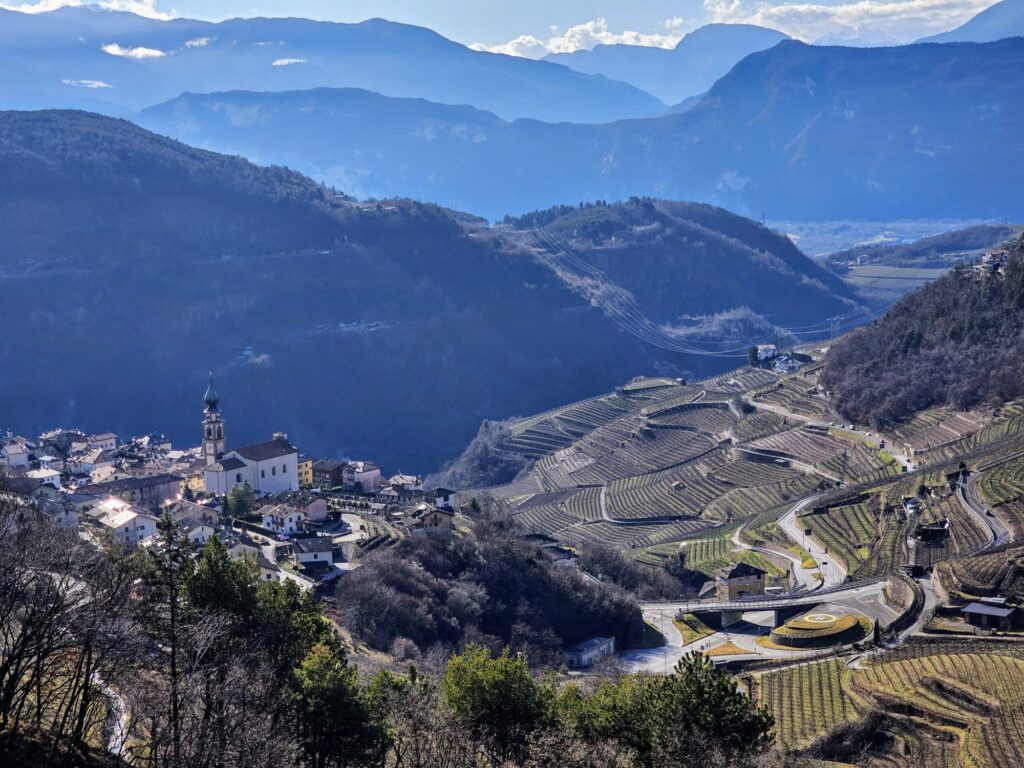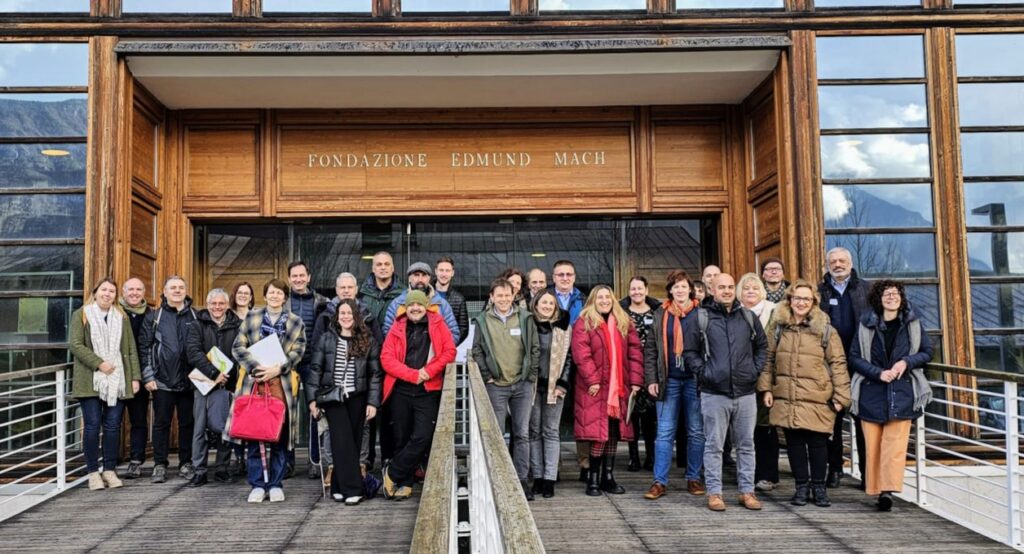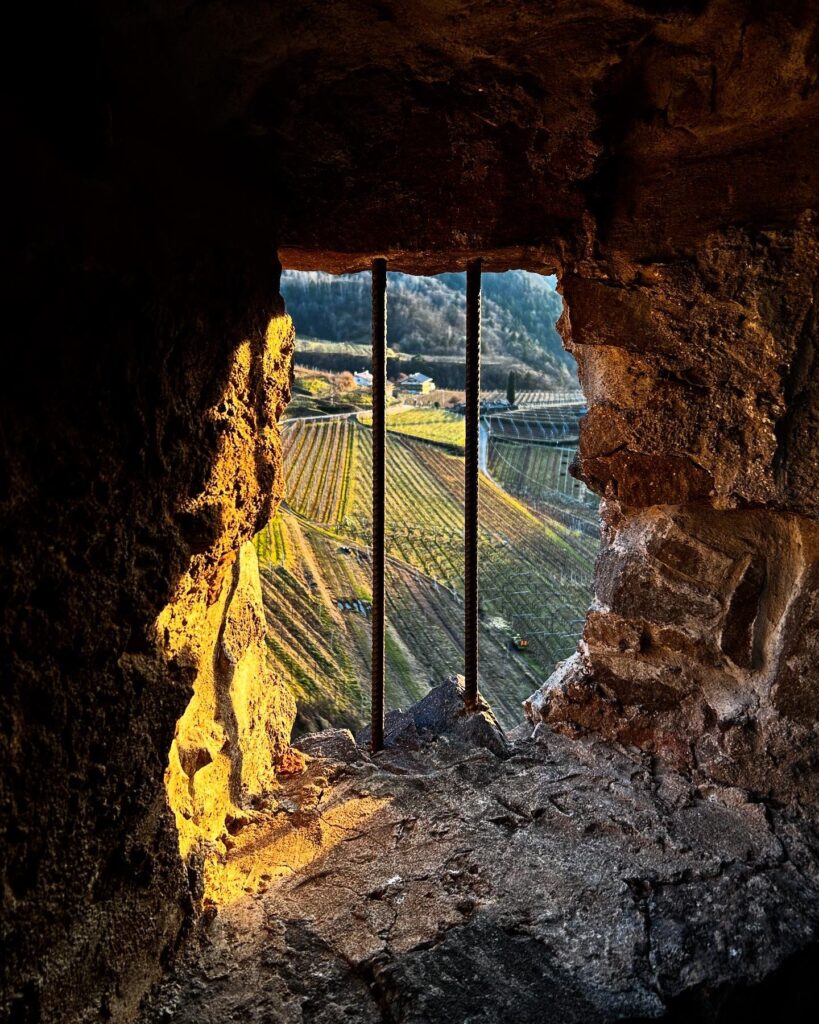Written by Andrej Ficko (University of Ljubljana, Biotechnical faculty)
The 6th Management Committee Meeting of COST Action MARGISTAR was held on January 28-29, 2025, in San Michele all’Adige, Italy. Hosted at the esteemed Edmund Mach Foundation, the meeting brought together the Management Committee and Working Group Members to assess the Action’s progress and strategize future directions. The gathering began with a welcome from host Nicola La Porta and a presentation of the Foundation’s extensive facilities. The Edmund Mach Foundation is renowned for its education, research, and support services in the agri-food and environmental sectors, spanning a beautiful 14-hectare campus along the Adige River in Trento.
The meeting dove into crucial updates from various Working Groups about GP2 activities, financial management adjustments, and the revised COST reimbursement rules. Cristina Dalla Torre, leader of the Grant Awarding Committee (EURAC), highlighted the high volume of competitive applications for support activities and the potential for bolstering ongoing Working Group initiatives. Discussions also covered advancements in developing a comprehensive case study catalog, recent scholarly publications, and the operational status of the Fairway platform. The Science Communication team proposed initiatives to enhance engagement through AI-driven content.

Looking forward, the participants articulated plans for upcoming Vision Workshops, the creation of a Think Tank, and a Transformative Pathways Workshop scheduled in Prague. Organizers Pavel Cudlin and Marcela Prokopová from Czechglobe unveiled the logistics for the workshop planned for May 28–29, 2025, setting the stage for dynamic exchanges and a Special Issue publication. Future-oriented discussions included upcoming training schools and policy engagement actions, with a strong emphasis on enhancing collaboration, optimizing platform usability, and preparing for the forthcoming events of 2025. Day one concluded with smaller group reviews and work on scientific papers.
The meeting’s second day featured concentrated efforts within the Working Groups, focusing on ongoing activities such as stakeholder network analysis, the policy decision-maker survey, and refinement of key definitions using innovative fuzzy consensual decision-making methods and AI technologies. Additionally, participants embarked on an insightful journey through Valle di Cembra, known for its dramatic alpine landscape and historic terraced vineyards producing premium Müller-Thurgau wines. They visited the Cembra Cantina di Montagna winery and learned about heroic viticulture practices, including the labor-intensive terracing and vine cultivation requiring significant manual effort.


Further experience was gained from engaging with Progetto Agricolo Canigea and the “Cammino delle Terre Sospese” initiative. Discussions with Elisa, co-owner of the project, revealed efforts to preserve the valley’s landscape and innovative strategies to combat the detrimental effects of mass tourism. These conversations covered the role of local authorities, sustainable tourism integration, and financial considerations for local entrepreneurs and community development.
The visit also led to Albiano, exposing participants to Valle di Cembra’s century-old porphyry extraction industry. At CASA PORFIDO, the group explored ideas for a Porphyry Museum, celebrating the region’s rich geological and socio-economic heritage.


